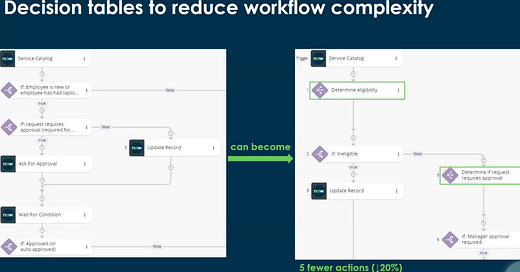Most AI startups are service businesses, pretending to be product companies
Also, why Accenture makes more money from AI than OpenAI
A month ago, NYTimes and FT reported that Accenture and BCG make more money from Generative AI than OpenAI, Anthropic, etc, combined. This baffled many, but it makes perfect sense when you consider this: selling AI automation to enterprise is more about consulting than building software.
In fact, as LLMs get more powerful and AI becomes more democratized, selling AI will become more about selling time, than product. More work will shift to doing consulting and client service, and away from hands on keyboard coding. This will also be a reflection of extreme competition in the AI infra layer, as I wrote about here.
On the flip side, due to reliance on services, AI startups will be harder to scale than traditional software. The barrier of entry will also be lower especially as knowledge workers learn to build their own automations with low-code tools. As a result, the best AI startups will end up niche versions of Accenture or Palantir, rather than OpenAI.
!This is bad for VCs paying software multiples for what's basically agencies!, which can’t scale easily (for reference, Accenture trades at 27x earnings, while Harvey raised at ~60x sales).



